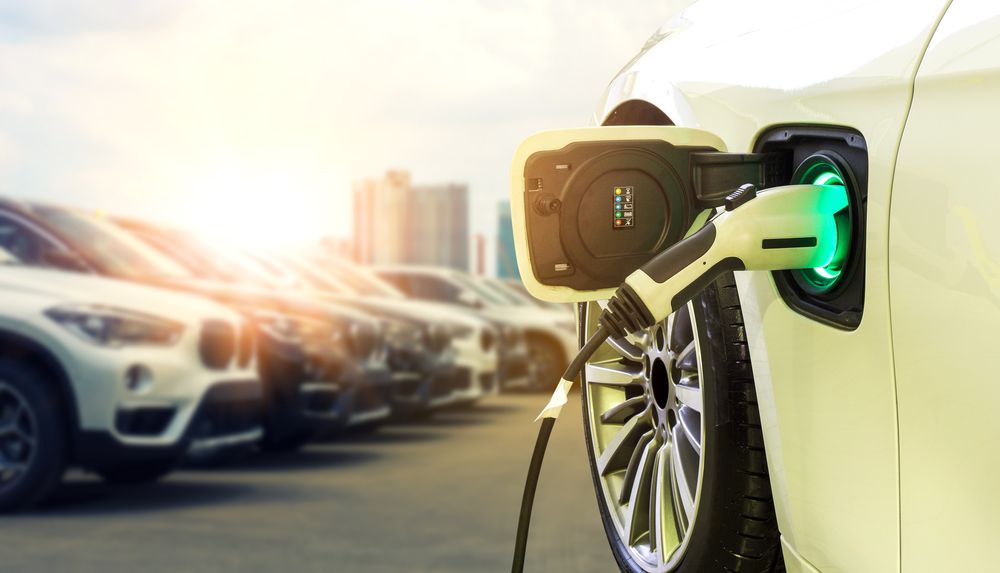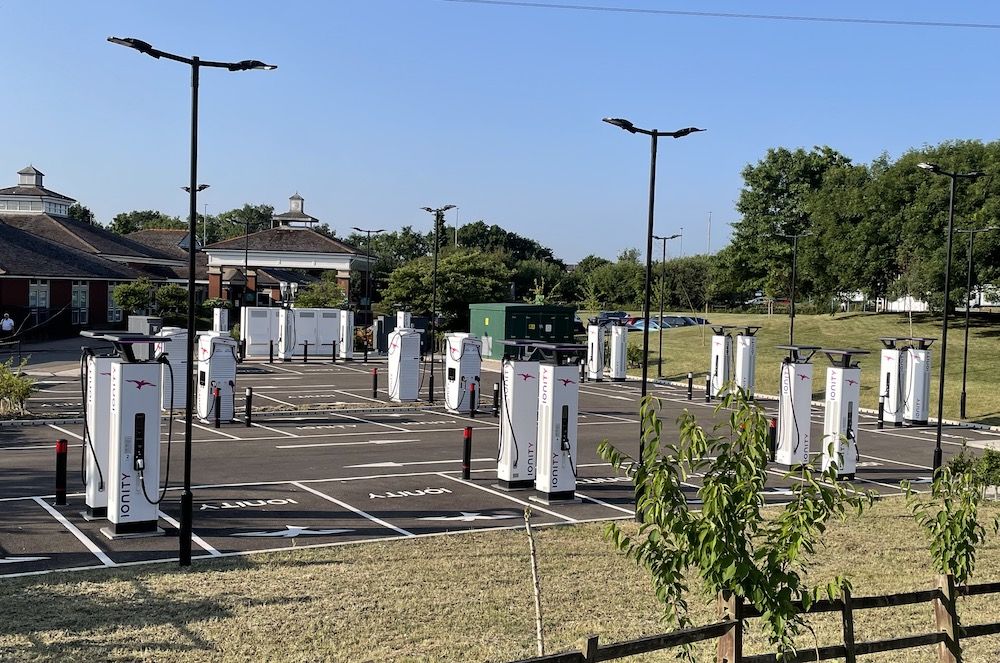The decarbonisation of fleets and adoption of EVs could drive more seasonality in the usage of business fleets, due to the decreased battery efficiency during winter months, it has been claimed.
The prediction, from software firm FleetCheck, claims that as fleets become more experienced in the usage of EVs, it has become apparent that 30 to 40% of range can decrease due to cold weather.
FleetCheck said that as a result of decreased range, journey planning, vehicle utilisation and driver education would be the best ways to preserve range during the winter months. The firm also warned about severe weather, highlighting that it was even more important during snowfall to remain at home.
Speaking about the issue, the managing director of the firm, Peter Golding, said: “This loss of range of is quite substantial and, depending on the vehicle and the job it is being asked to do, could have a direct impact on their day-to-day utility.
“We see this impacting in two ways. One is that journeys that have a degree of discretionary decision making attached, such as driving a hundred miles to visit a client for discussions, may become weighted to Spring and Summer, with more Zoom use in Winter.
“The other is that all-year fleets, such as commercial vehicle operations, may need to manage range much more carefully in the cold seasons. This could present specific challenges. For example, home shopping fleets will be facing the Christmas rush just as range falls.”
“The fact is that all company car and van drivers are going to have to become expert at managing range, and learning about all the small and large things that you can do to eke out the maximum range from each charge when the necessity to do so arises.
“When it’s clear that loss of charge in cold conditions is going to be an issue, such as potentially for parcel delivery fleets, then the need to recharge should be built into the daily schedule or other solutions found, such as vehicle swapping.”
“It should already be the case that, if you’ve had heavy snowfall, for example, your drivers should stay at home but this is double the case with an EV. Reduced battery capacity means that, if drivers do become stranded, they are probably more at risk than in a petrol or diesel vehicle with a full tank of fuel where the cabin can be kept heated for quite some time.”














